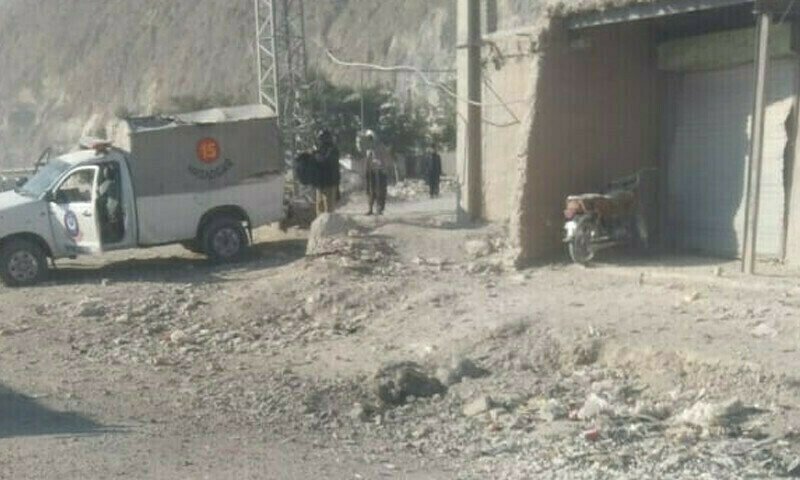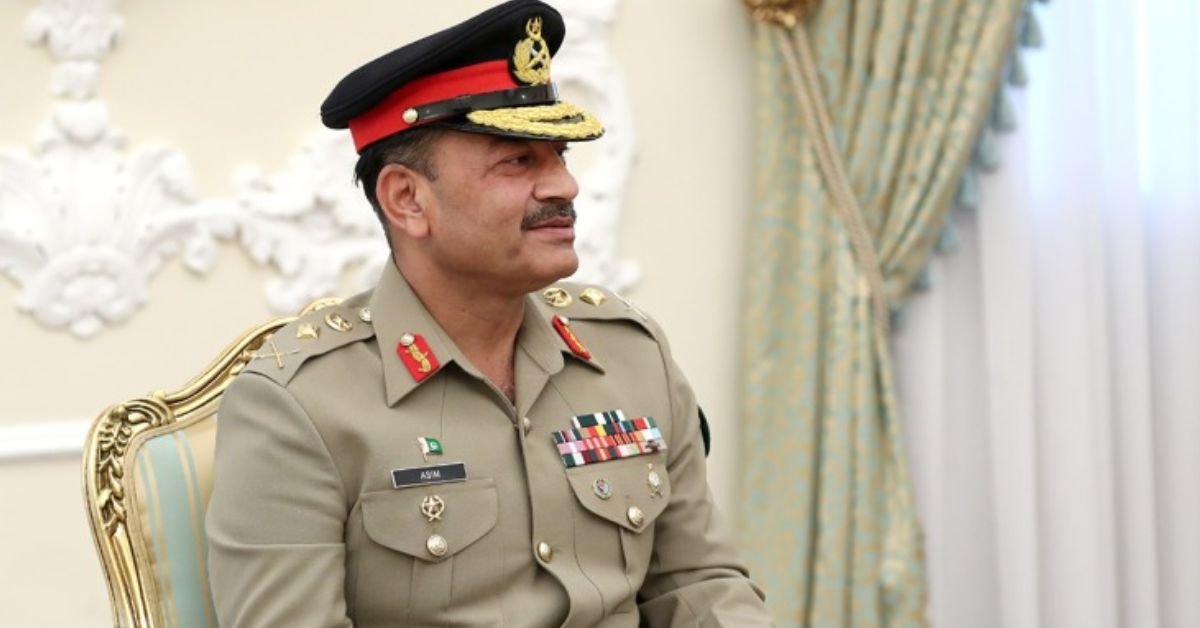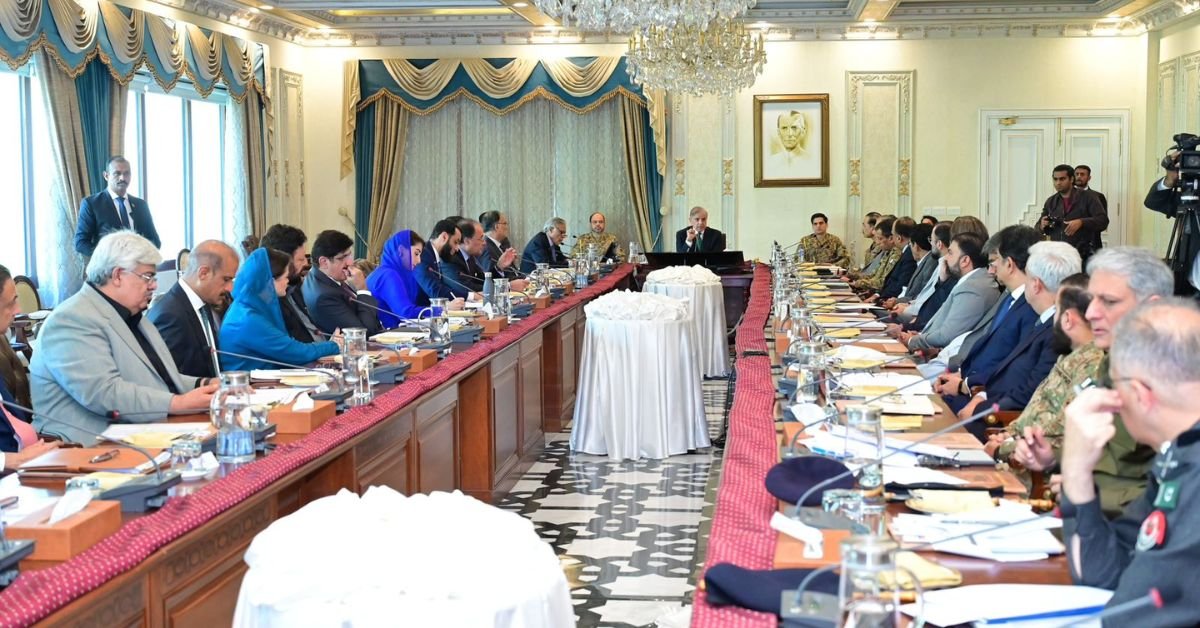Pakistan’s Federal Budget for the fiscal year 2024-25, amounting to Rs18.9 trillion, will be presented by Finance Minister Muhammad Aurangzeb in the National Assembly at 4pm today (Wednesday).
This budget announcement follows the government’s recent acknowledgment that the anticipated economic growth rate of 2.4 percent for the current year falls short of the 3.5 percent target. However, there is a silver lining: revenue collection has seen a substantial increase of 30 percent compared to the previous year, and both fiscal and current account deficits are reported to be under control.
The government’s focus on development is evident in the substantial increase in the total allocation, which has risen from Rs950 billion in 2023-24 to Rs1,400 billion for 2024-25. This allocation underscores the government’s commitment to bolstering infrastructure and social sectors.
Read more: Federal Budget 2024-25: New taxes propose to generate additional Rs 2trn revenue
Following are the details of other sectors:
Tax Revenue Targets:
The Federal Board of Revenue (FBR) has set an ambitious tax collection target of Rs12,970 billion.
Salaries and Pensions:
Government employees can expect a 10 to 15 percent increase in their salaries and pensions. The increment is anticipated to provide significant relief, especially to lower-grade employees.
BISP and Social Welfare:
The budget proposes an increase in the number of beneficiaries under the Benazir Income Support Programme (BISP) and an enhancement in the stipend amounts, aiming to support the most vulnerable segments of society.
Defense and Security:
An allocation of Rs2,100 billion has been proposed for the defense sector to ensure national security and support the armed forces.
General Sales Tax (GST) Increase:
The GST rate was proposed to increase from 18 percent to 19 percent. However, according to media reports, Prime Minister (PM) Shehbaz Sharif rejected this proposal.
Petroleum Development Levy:
The levy on petroleum products is proposed to rise from Rs. 60 to Rs. 80 per litre, potentially increasing fuel prices across the country.
Additional Taxes and IMF Demands:
To meet the International Monetary Fund (IMF) requirements, the budget introduces several additional taxes. This includes potential increases in the prices of old imported vehicles, imported mobile phones, and cigarettes.













